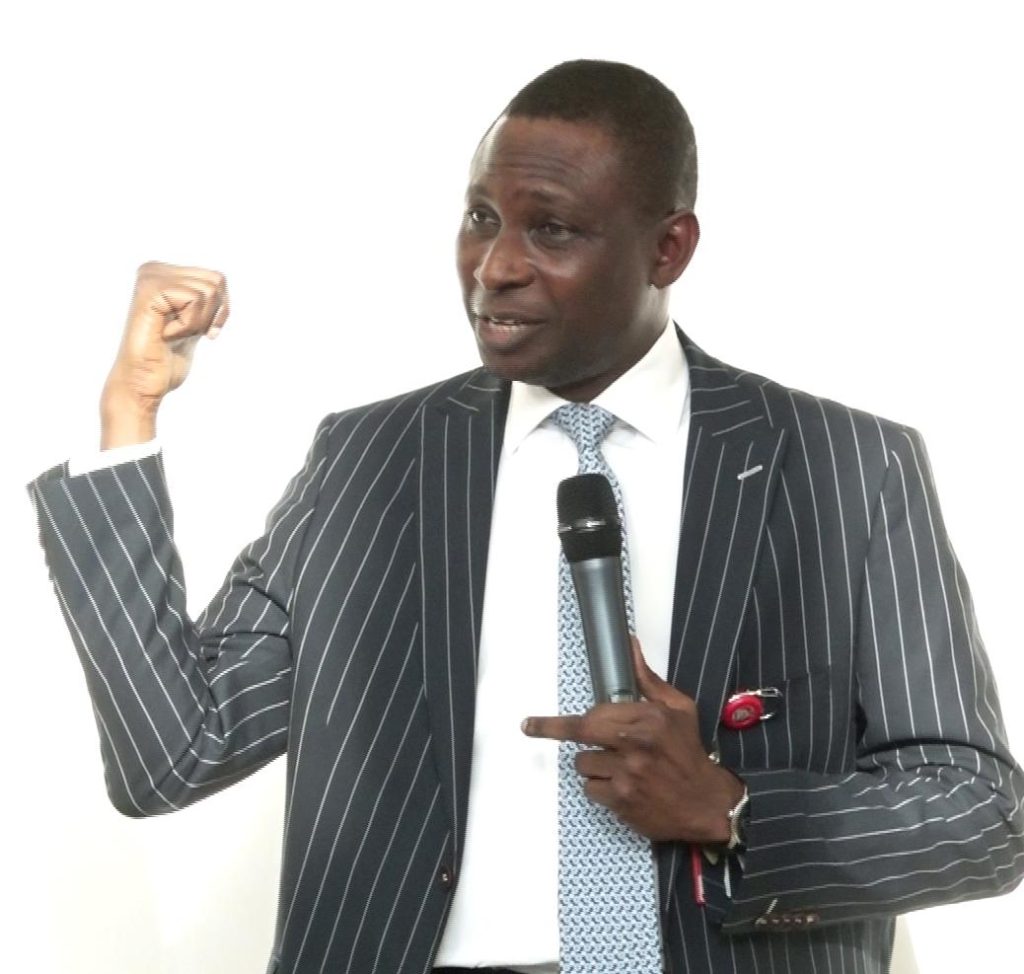Nigeria’s Pervasive Procurement Fraud: A Call for Synergistic Action
The specter of corruption looms large over Nigeria, casting a long shadow over its development aspirations. At the heart of this pervasive issue lies public sector corruption, with procurement and contract fraud identified as the primary culprits. According to Ola Olukoyede, the Executive Chairman of the Economic and Financial Crimes Commission (EFCC), a staggering 90% of Nigeria’s corruption and fraud cases stem from irregularities in procurement and contract processes. This alarming statistic underscores the urgent need for a concerted effort to combat this deeply entrenched problem. The implications of this rampant fraud extend far beyond financial losses, hindering infrastructure development and impeding overall national progress. Olukoyede’s assertion highlights the critical role of procurement and contract management in shaping the nation’s future, emphasizing the shared responsibility of public institutions and citizens in fostering transparency and accountability.
The EFCC, as the nation’s leading anti-corruption agency, plays a crucial role in investigating and prosecuting cases of financial malfeasance. Olukoyede’s focus on public sector fraud, particularly within procurement and contract procedures, signifies the EFCC’s commitment to addressing the root causes of corruption. The various fraudulent practices prevalent in these processes, including commingling, contract splitting, and other manipulative tactics, demonstrate the sophisticated nature of these crimes and the need for robust oversight mechanisms. The EFCC’s recognition of the link between procurement fraud and developmental setbacks underscores the importance of transparent and efficient procurement systems in facilitating national growth. By tackling this core issue, the EFCC aims to create a more conducive environment for sustainable development and economic prosperity.
The meeting between Olukoyede and Dr. Adebowale Adedokun, the newly appointed Director General of the Bureau of Public Procurement (BPP), signifies a crucial step towards strengthening inter-agency collaboration in the fight against corruption. Olukoyede emphasized the need for enhanced cooperation between the EFCC and the BPP, particularly in project implementation and monitoring. This collaborative approach recognizes the interconnectedness of their roles in ensuring transparency and accountability in public procurement processes. By working together, the two agencies can leverage their respective strengths and expertise to create a more robust framework for preventing and detecting fraudulent activities. The commitment to joint action reflects a shared understanding of the gravity of the situation and the need for a unified front against corruption.
Adedokun’s visit to the EFCC headquarters, along with his management team, served as a symbolic gesture of the BPP’s renewed commitment to transparency and accountability. His assurance of a "rebirth" within the Bureau signals a shift towards proactive measures to prevent corruption and enhance public trust. The BPP’s focus on providing reliable and trustworthy documentation to the EFCC demonstrates a commitment to facilitating investigations and ensuring the successful prosecution of corrupt individuals. This pledge of openness and collaboration marks a significant step towards building a more robust and transparent procurement system. Adedokun’s emphasis on a departure from "business as usual" reinforces the BPP’s determination to play a more active role in safeguarding public funds and promoting ethical practices within the procurement landscape.
The collaborative efforts between the EFCC and the BPP hold significant implications for the effective implementation and execution of the 2025 budget. Olukoyede’s assertion that "there is no hiding place for BPP and no hiding from the EFCC" underscores the seriousness of their joint commitment to ensuring transparency and accountability in the budgetary process. This collaborative oversight is crucial for preventing the misappropriation of public funds and ensuring that budgetary allocations are utilized for their intended purposes. By working together, the two agencies can create a more robust system of checks and balances, minimizing opportunities for corruption and promoting efficient resource allocation. This joint commitment serves as a strong deterrent to potential wrongdoers and reinforces the message that corruption will not be tolerated.
The joint commitment of the EFCC and the BPP represents a critical turning point in Nigeria’s fight against corruption. By focusing on the root causes of corruption within the public sector, particularly in procurement and contract processes, these agencies are taking a proactive approach to addressing a systemic problem. Their collaborative efforts signal a move towards a more transparent and accountable system, where public funds are used judiciously and for the benefit of the Nigerian people. This renewed focus on transparency and accountability, coupled with a commitment to collaborative oversight, offers hope for a future where corruption is no longer a major impediment to national development. The success of these joint efforts hinges on sustained commitment, consistent application of anti-corruption measures, and the active participation of all stakeholders in creating a culture of integrity and accountability within the public sector.














